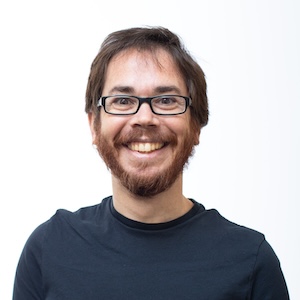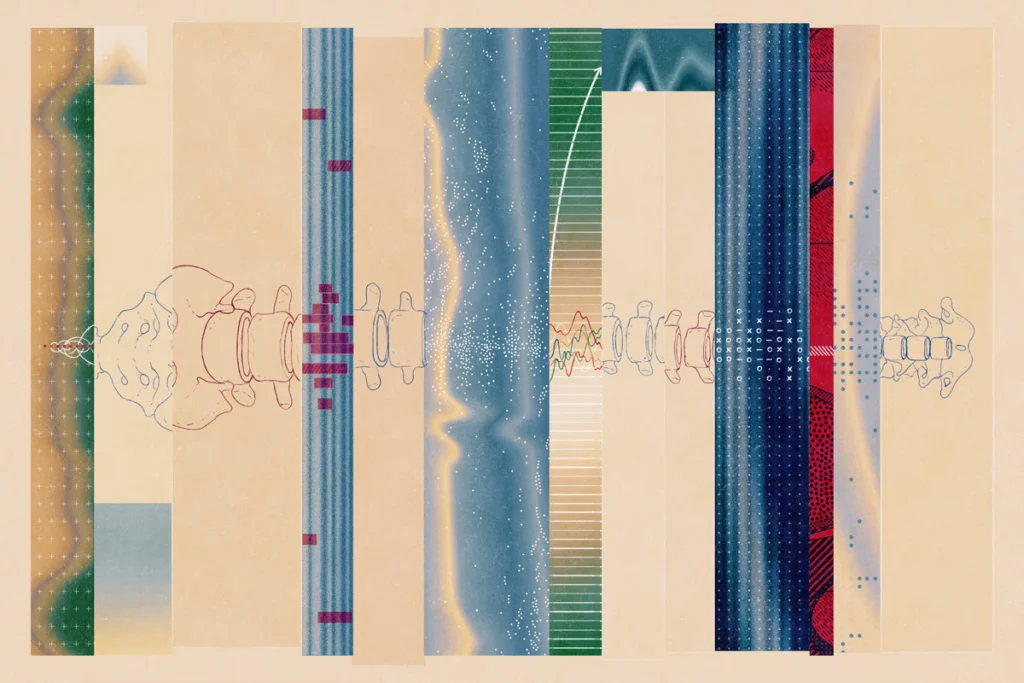Abel Torres-Espin is assistant professor at the School of Public Health Sciences at the University of Waterloo in Canada; adjunct professor at the University of Alberta and assistant adjunct professor at the Brain and Spinal Injury Center in the Weill Institute of Neurosciences at University of California, San Francisco.

Abel Torres-Espin
Assistant adjunct professor
Brain and Spinal Injury Center (BASIC) University of California, San Francisco
From this contributor
Pooling data points to new potential treatment for spinal cord injury
By gathering raw data from multiple labs, we identified an overlooked predictor of recovery after spinal cord injury. Many more insights remain trapped in scattered data.
Explore more from The Transmitter
Xiao-Jing Wang outlines the future of theoretical neuroscience
Wang discusses why he decided the time was right for a new theoretical neuroscience textbook and how bifurcation is a key missing concept in neuroscience explanations.
Xiao-Jing Wang outlines the future of theoretical neuroscience
Wang discusses why he decided the time was right for a new theoretical neuroscience textbook and how bifurcation is a key missing concept in neuroscience explanations.
Memory study sparks debate over statistical methods
Critics of a 2024 Nature paper suggest the authors failed to address the risk of false-positive findings. The authors argue more rigorous methods can result in missed leads.

Memory study sparks debate over statistical methods
Critics of a 2024 Nature paper suggest the authors failed to address the risk of false-positive findings. The authors argue more rigorous methods can result in missed leads.
Attention not necessary for visual awareness, large study suggests
People can perceive some visual information even if they do not pay direct attention to it.

Attention not necessary for visual awareness, large study suggests
People can perceive some visual information even if they do not pay direct attention to it.
